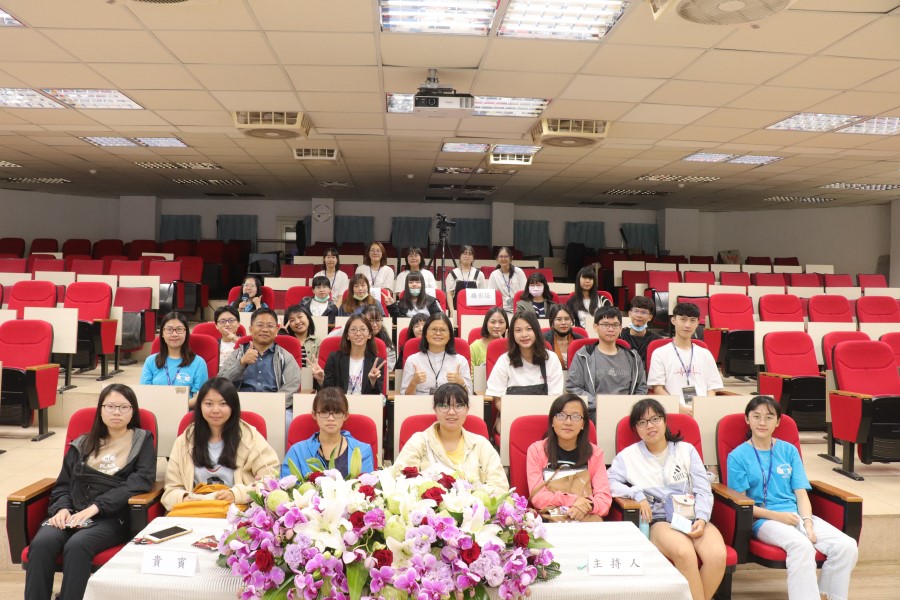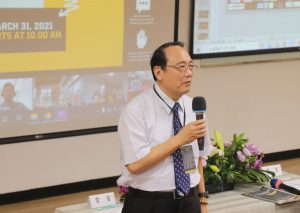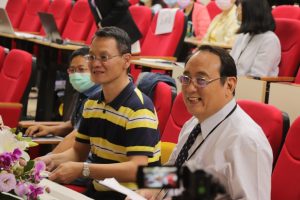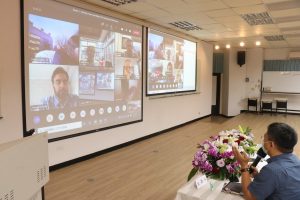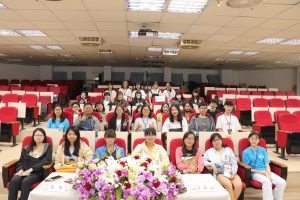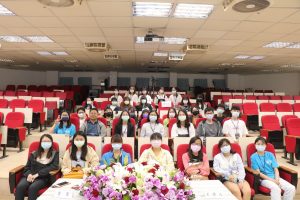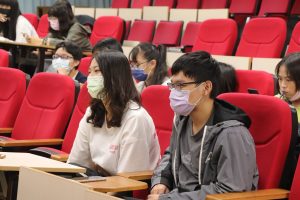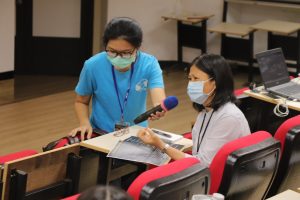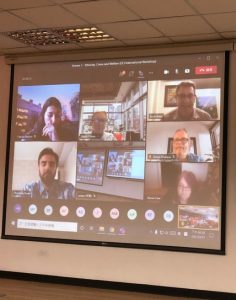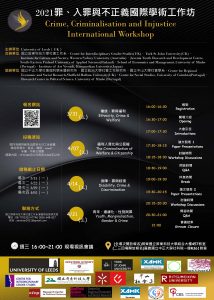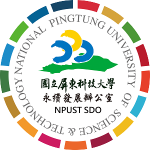Working together with the University of Leeds (UK), Director Li-ju Jang and Assistant Professor Pei-Chun Pan of the NPUST Department of Social Work co-organized the “Crime, Criminalization and Injustice International Workshop” (CCI) to delve into a number of social from a variety of vantage points.
The conference was designed to bring together diverse groups interested in topics that range from sociology and social welfare policy to economics and human development. Participants represent 16 colleges and universities in six countries—namely, Australia, Finland, Japan, Portugal, Taiwan and the UK. To get things going, vibrant introductions were provided by two heavyweight scholars, Alan Deacon and Colin Barnes; and papers will be presented from various countries over the coming weeks.
NPUST President Chang-Hsien Tai said “in the past, Taiwan has conducted five United Nations international human rights conventions. The Taiwan government also established a National Human Rights Commission and the National Transitional Justice Commission in recent years. These things are demonstrations of the fact that the sustainable development of human society and issues of rights inequalities are receiving more and more attention in the national discussion. The workshop provides a rare opportunity to discuss the human rights issues that different countries face as a result of their different historical backgrounds and social contexts. It also reflects the United Nations sustainable development goals of gender equality, reduced inequality, fair and just systems, and global partnerships. These are items that Taiwan is currently working on, and they are also major driving forces for social progress. We look forward to continuous dialogue between teachers and students and a strengthening of knowledge and international academic discussion. “
An online academic seminar will take place each week over a four-week period, with topics of discussion including ethnic inequality, citizenship, physical and mental disabilities, and the marginalized life experiences of “problem teenagers”. Giving context to the issues, insights will be shared from a variety of fields, including social policy, sociology, political science, and criminology while also reflecting on historic, cultural, and social backgrounds. Throughout the course, participants will explore Ethnicity, Crime & Welfare (3/31), The Criminalization of Welfare & Citizenship (4/07), Disability, Crime & Discrimination (4/14), and Youth, Marginalization, Gender & Crime (4/21). Online group Q&A discussions are also scheduled to increase interaction between the participants. For the full workshop, a total 300 seats will be filled by Taiwanese participants and an additional 200 will be represented by those participating from abroad.
For the first session, participants from Taiwan filled a lecture hall, where they connected with the participants signing in from their homes in other countries. The on-sight participation of the students at NPUST became a separate focus of attention for those coming in from other places around the world, due to its rarity. During the session, Kui Kasirisir, who specializes in the study of indigenous issues at the NPUST Department of Social Work at NPUST, aroused a heated discussion on different cultural views of vaccinations. As the workshop continues over the next several weeks, the discussions will transition from one topic to the next, and expectations are that they will continue to be lively and fruitful.
The organizers from NPUST, Director Li-ju Jang and Assistant Professor Pei-Chun Pan, took considerable effort to bring together the distinguished representatives from Chung Cheng University, Chiayi University, Chengchi University, and Sun Yat-sen University. As a result, NPUST is serving as a new platform for knowledge and information on welfare systems, social issues and the development of sustainable social care.






